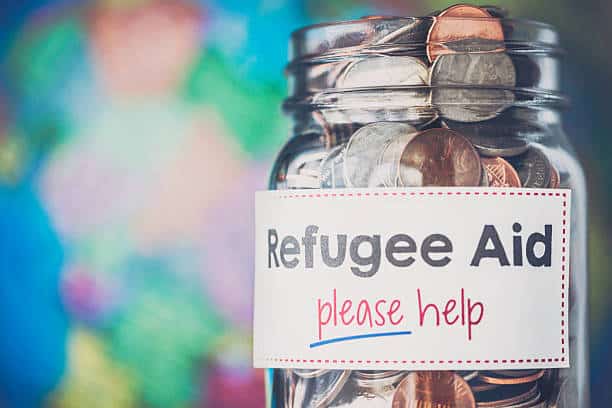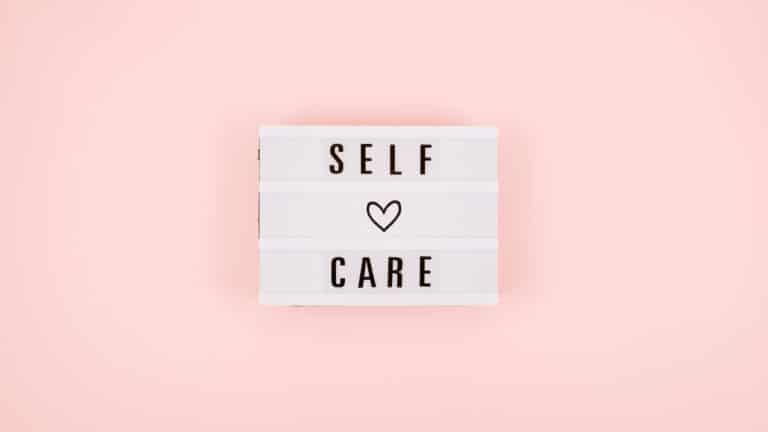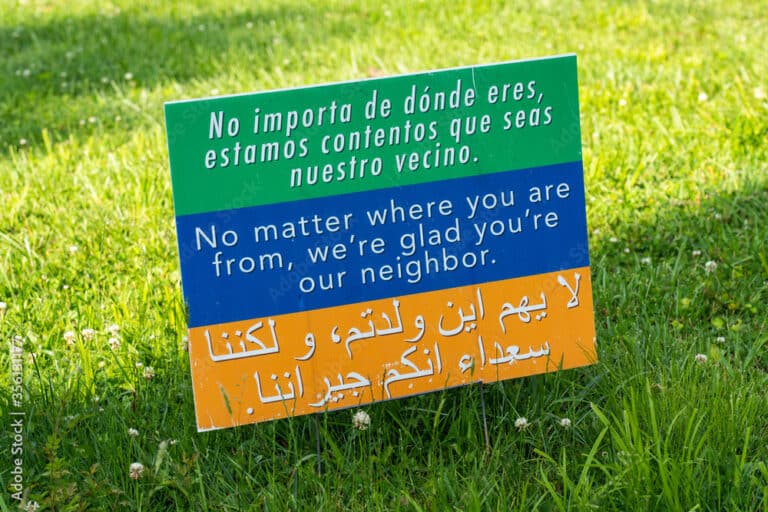Good Intentions Are Not Enough: Donor-Centred Fundraising and Refugee Trauma
I’ll never forget the first event I attended for a group that promotes refugee sponsorship to Canada. As an Australian who had just received Canadian permanent residency, I was now able to sponsor a refugee through the country’s Private Sponsorship of Refugees program. This program allows any five Canadians to get together and bring a refugee to Canada by committing to provide support for the first year after the refugee arrives.
At the end of the evening, I was taken to a table where flyers were laid out like buffet offerings. Each one had a description of a refugee in need of funding and sponsors. There were Tamils, Iranians and Pakistanis, gay and straight, young men and some who looked the same age as my father. At the top of each flyer was a photo –a man staring back from behind metal bars, vacant eyes, a pair of tattered flip flops and a plastic chair – and with each picture there were details, including the refugee’s real name and a way that I could be in touch with them. There were narratives of assaults and beheadings, lost parents and children, and boat journeys ending in disaster. The person in charge of the event urged me to pick the refugee that I “connected” with but choosing a person as if I were choosing the chicken or the beef felt deeply wrong.
As an academic who researches migration and religion, I work with immigrants, including refugees. One of the things that is always front of mind for me is the issue of consent. As a white academic with permanent status in Canada, I inherently have both privilege and power. Those with whom I conduct research may believe that by sharing details of their lives they will receive support of some kind, perhaps in the form of direct aid or a change in public policy. Because of this, I can never receive “informed consent” to share, for example, someone’s real name and location, or identifying details of their story. Revealing the identities of those I research could put them or their families in danger or even jeopardize their legal status.
Crowdfunding and Refugee Stories
Now that I am involved in grassroots advocacy and fundraising efforts to bring refugees from Manus and Nauru to Canada, these same concerns hold true. Every day there are dozens of new crowdfunding pages telling the story of a refugee desperate to find sponsors and funding for resettlement. These pages frequently give the real name of the refugee, contact information (“reach out to them on Facebook!”), and details of their life, including dates that they fled their home country, the ages and pictures of underage children, or names of siblings left behind.
Refugee advocates in Canada, Australia and elsewhere, eager to help people to safety, often start these crowdfunding pages or share them. Refugees, too, create these pages, namely because they’ve been told that it’s the only way they’ll get to safety. In the past, I’ve been guilty of sharing these crowdfunding attempts. But as my involvement with refugee sponsorship has grown significantly, I’ve learned that these well-meaning intentions are not only ineffective for those who want to be privately sponsored, but also harmful.
Let me explain.
Revealing the details of a refugee’s story can be dangerous.
Despite the fact that non-refoulement (the principle that refugees cannot be returned to the country where their life was endangered) is enshrined in international law, governments everywhere are doing their best to send refugees back (for example, Denmark, Turkey and the USA). The ongoing and tragic saga of the Maruguppan family, Tamils who have been living in Australia as asylum seekers for over 8 years but who were threatened with deportation, is an important cautionary tale. Indonesia, the home of many of the refugees who reveal their names and details on crowdfunding sites, is not even a signatory to the 1951 Convention on the Status of Refugees. Many crowdfunding sites reveal details of the refugee’s story that would place them in immediate danger if they are returned to their country of origin and which also potentially endanger family members still living in their home country.
Sharing a refugee’s trauma online means there’s a long digital footprint.
In my experience, when refugees arrive in Canada through private sponsorship (at which point they are called “newcomers”), they do not wish to be known one-dimensionally as a “refugee” or to have others know the most intimate details of their trauma. I’m always warning my teenager that everything shared on social media can be known by future employers or friends. Why should it be different for newcomers? I have had newcomers tell me they are horrified that their Canadian neighbours or bosses can now search for their names and find out everything about them and why they fled their country of origin. The continued presence of trauma narratives online contributes to the continued stigmatisation and stereotyping of newcomers, and often prevents the newcomer from feeling they are a “real” Canadian, something that other researchers have found as well.
Trauma-centred fundraising is ineffective.
Although some would have you believe otherwise, this type of fundraising doesn’t work. If you look closely at successful sponsorship fundraisers, you will see a couple of things.
First, the same very-involved folks give over and over again. The largest donations (sometimes listed as “offline” and “anonymous”) are typically made by relatives of the refugee or by a few committed folks with deep pockets who give generously and regularly.
Second, successful fundraisers are typically driven by dedicated volunteers who either tap into their networks or hold creative fundraising events to raise those funds. Although refugees are told they must “market” themselves or “network” in order to fundraise, this is a dangerous inversion of the way that private sponsorship is supposed to work. Private sponsorship was envisioned so that sponsors, not the refugee, commit to raising the funds required. When the onus is on refugees to persuade donors, it has devastating impacts. I have answered many messages from refugees who share every detail of their pain on a crowdfunding site and yet still can’t raise the required funds. They ask me, “Isn’t my story good enough? Why don’t people care about me?”
So what should we do?
All of us want to be effective advocates, but not at the expense of retraumatizing or endangering refugees.
First, as grassroots organizers or non-profits, we must always think about the power dynamics of the work that we do. When refugees are asked to provide an “emotional hook” for a fundraiser, we must think about the context in which they make the decision to share this information. As organisations, we can ensure the safety and dignity of refugees through confidentiality. There is no need to give real names or identifying details in fundraising materials. Period.
Second, we must work with donors who feel that they are “owed” a refugee’s story. If we are going to advance equity, and actually work to dismantle the systems that cause refugees to flee in the first place, then a good place to start is to shift from donor-centred approaches that privilege the already-powerful.
Last, and most importantly, refugee organisations must critically reflect on their position and privilege in relation to fundraising and advocacy, always working in partnership and empowering refugees and former refugees. This will ensure that the “good intentions” of non-refugee advocates do not stereotype or marginalise refugees, causing yet more harm.
This blog was first published online in Overland, 07 July 2021.





